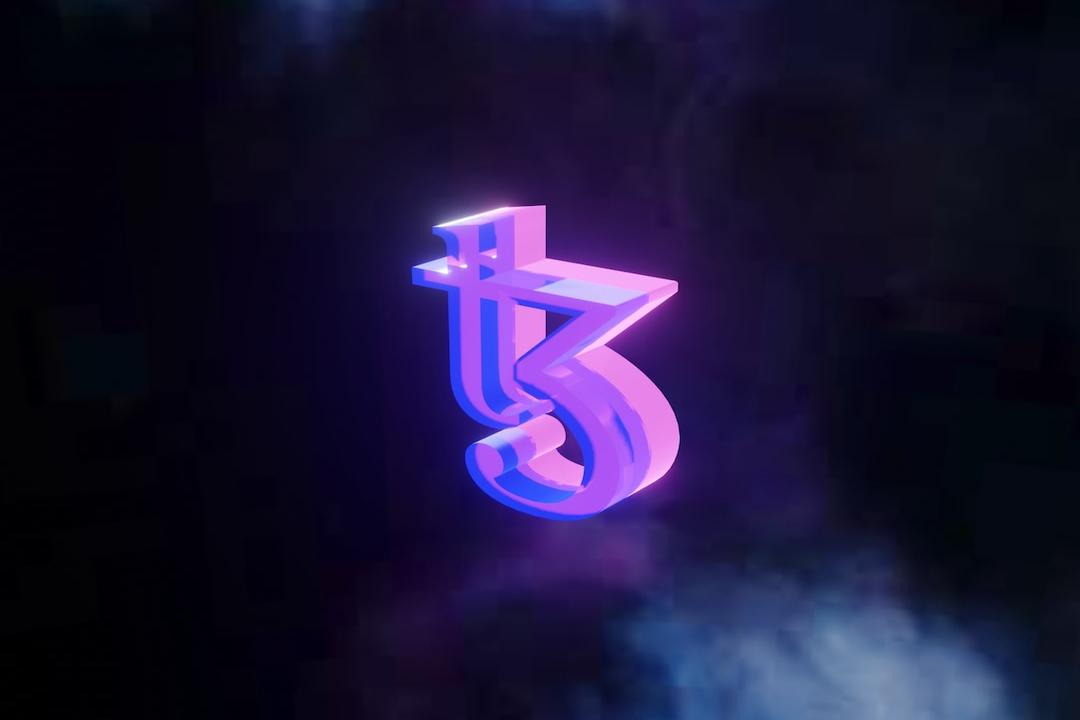Iraq’s Deputy Prime Minister, Muhammad Ali Tamim, recently co-led a meeting with U.S. Secretary of State Antony Blinken to discuss the future partnership between Iraq and the United States. During the meeting, Deputy Prime Minister Tamim expressed Iraq’s objective to decrease its reliance on fossil fuels, mitigate pollution, and establish new collaborations to harness technology in capturing “flare gas,” a harmful byproduct of the oil field industry.
This mention of utilizing “technologies” to capture flare gas has led some members of the cryptocurrency community to speculate that Iraq is considering entering the Bitcoin mining sector.

Source:
@boomstick44 on X.com.
Flare Gas
When crude oil is extracted and processed, gas accumulates and pressurizes the equipment. This excess gas, known as “waste gas,” is typically either directed to a facility where it can be converted into a useful resource like electricity or released into the atmosphere through burning.
Due to the remote locations of many of Iraq’s oil fields, it has long been deemed economically unfeasible to convert flare gas, resulting in a significant amount of pollution in the atmosphere.
Iraq’s Rumaila oil field is the largest producer of toxic flare gas globally, although efforts are currently underway to capture and repurpose up to 60% of it. The country aims to completely eliminate gas flaring by 2027.
Bitcoin Mining
People have employed various energy sources, ranging from nuclear energy to unconventional ones like their own waste, to engage in cryptocurrency mining.
Giga, a Bitcoin mining company based in Texas, utilizes flare gas from local oil fields to power portable mining rigs transported by trucks. According to CNBC, the company has been generating millions in profits since 2021.
In Iraq, the challenge of converting all of its pollutants into usable electricity is significantly greater due to its status as the world’s largest producer of flare gas pollutants. However, as mentioned earlier, Iraq must currently balance its domestic energy requirements with its foreign debt. While adding electricity to the grid could help alleviate the nation’s burdens, utilizing a portion of that electricity for Bitcoin mining could have an even more positive impact.
Related:
Crypto firm 7RCC is quietly advancing its eco-conscious spot Bitcoin ETF
Another potential application for the energy derived from captured flare gas is in the realm of carbon credits. In theory, Iraq could not only reduce its own carbon footprint by capturing flare gas but also participate in the international market by selling carbon credits through blockchain technology. This would provide incontrovertible evidence of the nation’s efforts and potentially serve as a temporary revenue stream as it strives to reduce its reliance on fossil fuels.

